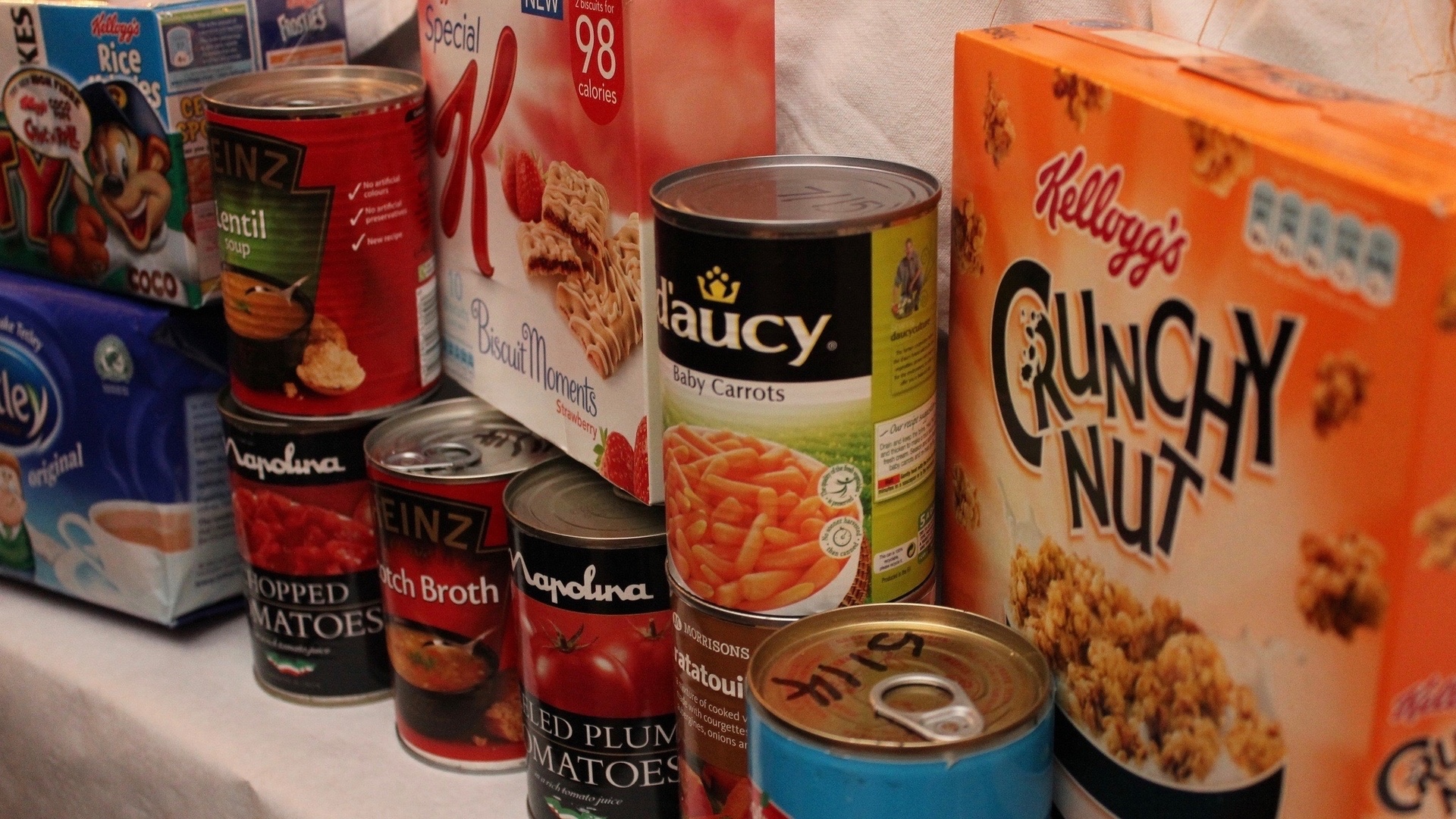Labour leader Keir Starmer blasted the children’s food parcels as “woefully inadequate”.
“Where is the money going? This needs sorting immediately so families don’t go hungry through lockdown,” he added.
Others shared pictures of perishable food received in money bags alongside pieces of vegetables.
“We expect the children to engage in learning from home,” campaigner and Manchester United striker Marcus Rashford tweeted in response to the controversy. “Not to mention the parents who, at times, have to teach them who probably haven’t eaten so their children can. We MUST do better. This is 2021.”
Rashford spoke with private company Chartwell, contracted by the Department for Education to provide some food parcels. The company said it is investigating the pictures shared online.
Advertising helps fund Big Issue’s mission to end poverty
“We’re aware of those images circulating on social media, and it is clear that the contents of those food parcels are completely unacceptable,” the Prime Minister’s official spokesman said.
“The Department for Education is looking into this urgently.” Minister for Children Vicky Ford is speaking to the company responsible to make clear that “boxes like this should not be given to families”, he added.
Nearly one million children signed up for free school meals for the first time last year, after thousands of families were pushed into poverty by Covid-19 redundancies and income cuts.
The new lockdown brought a renewed sense of financial dread for many families. The Government could have softened that blow
Schools are encouraged to support children using caterers, before providing supermarket vouchers if that is not possible.
Campaigners responded to the shocking free school meals images by reiterating that a robust welfare system would support people in need long-term.
“What’s needed are cash grants paid directly to people as well as rapid improvements to the social security system and wage increases,” an Independent Food Aid Network spokesperson said. “Cash grants administered by local authorities now would support dignity, choice and the reduction in risk of Covid-19 infection.”
Advertising helps fund Big Issue’s mission to end poverty
Trussell Trust chief executive Emma Revie told the committee Universal Credit claimants were more likely to need food parcels. The five-week wait was pushing people into destitution and largely responsible for increased food bank use, she said.
The work and pensions committee recommended the Government introduce a starter payment for all new Universal Credit claimants. This would be equivalent to three weeks of the standard allowance – around £288 for a single person over 25. It should cover the five weeks a person often must wait before receiving a first payment through the benefit scheme.
But the Government refused, pointing to the advance payments available to people from day one of their claim. These must be paid back and have been blamed for pushing people into debt.
Ministers would also not commit to keeping the weekly £20 Universal Credit increase beyond April. The Government introduced the temporary uplift last March in response to the Covid-19 crisis.
The House of Lords economic affairs committee previously called for all new Universal Claimants to be given non-repayable grants, in a report claiming the benefit system “punishes the poorest”.
Advertising helps fund Big Issue’s mission to end poverty
“Our report put forward a set of practical and costed proposals offering a constructive way of mitigating the worst effects of the wait for a first payment of Universal Credit. The Government has dismissed those proposals out of hand—and in some cases, simply ignored them,” Timms said.
“Worst of all, Ministers are refusing point blank even to do any research that might help them understand the impact that the five week wait is having on people.”
“It’s astounding that the Government won’t even look closely at those findings, let alone do anything about them.
“The new lockdown will have brought a renewed sense of financial dread for many families. The Government could have softened that blow by announcing that it would maintain the £20 weekly increase in UC. Instead, it has chosen to keep households in the dark over whether this much-needed lifeline will continue.
“We are not alone in pressing for action on the wait. Voices from across the political spectrum, inside and outside Parliament, are calling for change. It’s time DWP took the blinkers off and started to look at the real impact of the five week wait.”
In its response, the Government argued advance Universal Credit payments are not loans.
Advertising helps fund Big Issue’s mission to end poverty
“It allows for UC entitlement to be spread over thirteen payments rather than twelve in a year.”









